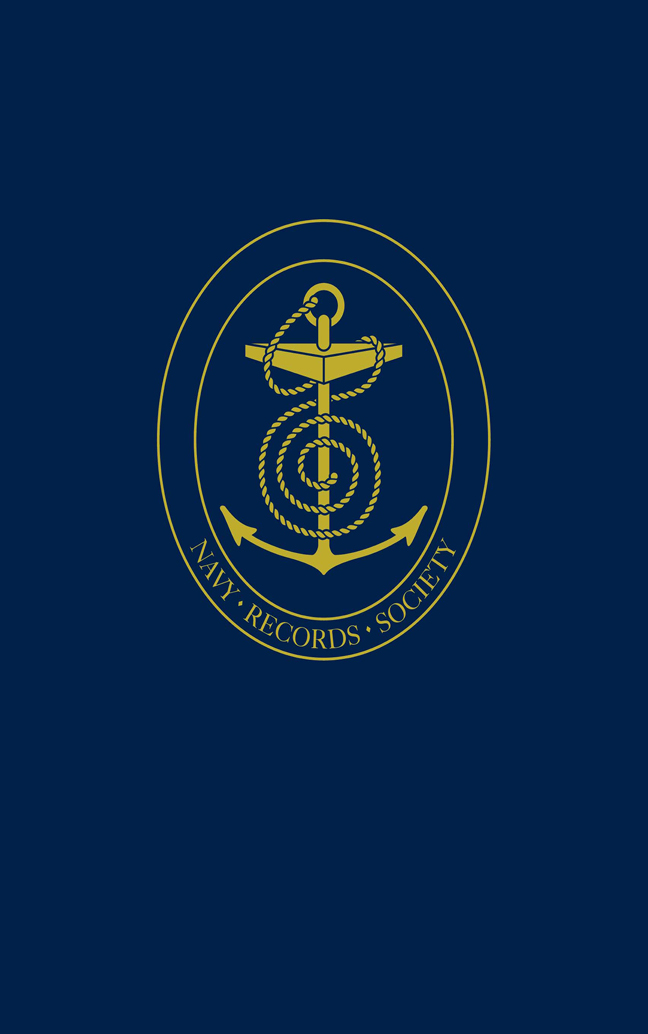 Papers and Correspondence of Admiral Sir John Thomas Duckworth
Papers and Correspondence of Admiral Sir John Thomas Duckworth Book contents
- Frontmatter
- Dedication
- Contents
- Glossary of Abbreviations
- Introduction
- Part I Spithead, Leeward Islands, Virginia, 1793
- Part II The English Channel, First of June Fight, 1793–1795
- Part III Jamaica, 1795–1797
- Part IV Mutiny, Blockade of Brest, Ireland, 1797–1798
- Part V Mediterranean, Minorca, Cadiz Blockade, 1798–1800
- Part VI Leeward Islands, 1800–1801
- Part VII Jamaica, 1801–1802
- Appendix: Observations upon the Trade Proposed Between St Domingo and Jamaica
- Sources and Documents
- Index
- Miscellaneous Endmatter
Part IV - Mutiny, Blockade of Brest, Ireland, 1797–1798
Published online by Cambridge University Press: 05 March 2024
- Frontmatter
- Dedication
- Contents
- Glossary of Abbreviations
- Introduction
- Part I Spithead, Leeward Islands, Virginia, 1793
- Part II The English Channel, First of June Fight, 1793–1795
- Part III Jamaica, 1795–1797
- Part IV Mutiny, Blockade of Brest, Ireland, 1797–1798
- Part V Mediterranean, Minorca, Cadiz Blockade, 1798–1800
- Part VI Leeward Islands, 1800–1801
- Part VII Jamaica, 1801–1802
- Appendix: Observations upon the Trade Proposed Between St Domingo and Jamaica
- Sources and Documents
- Index
- Miscellaneous Endmatter
Summary
Duckworth arrived back at Plymouth [232] in time for his ship to become peripherally involved in the mutinies of 1797. He first set about persuad-ing the Admiralty to disgorge his pay and expenses due from his ser-vice in Jamaica [233–235], and for two weeks his correspondence shows no apprehension of trouble or knowledge of events at Portsmouth. The mutiny began at Spithead on 17 April, and a week later Sir John Orde, commanding at Plymouth, claimed that it was all over [237, 238]; cer-tainly the issues at the heart of the Portsmouth strike were on the way to resolution, through the moderation of the men's demands, the forbear-ance of Earl Spencer, and the good sense of Lord Howe and some other admirals. But the wider issue was not actually resolved yet, and there continued to be other outbreaks for several months.
At Plymouth the mutiny came late in May. On Leviathan Duck-worth was put off the ship, with most of his officers, only Lieuten-ant William Buchanan staying on board [241–243]. The men produced a well-written document of their grievances (someone on board was well-educated and produced better English prose than most of the offi-cers), but by exaggerating and inventing items which could not be true, they spoiled their case [239]. Duckworth was outraged at his treatment [244], but returned to the ship and saw that the crew was ‘turned over’. Even so collective demands still came [253, 307], but the crew knew that Duckworth was reluctant to impose punishments and were count-ing on this.
By August the ship was at sea once again, off Ushant enforcing the blockade of Brest [256–267]. Then after only two months he was sent on to south-west Ireland [270, 271]. The revolutionary rhetoric which had inspired black slaves in the West Indies, and white naval seamen (whose condition was close to slavery), also inspired the sub-jugated Irish population, where French military intervention could be decisive. Duckworth was sent to Bantry Bay so suddenly that he had no idea at first what he was to do, a sense of confusion aggravated by the difficulty of communicating with the local commander-in-chief, Admiral Robert Kingsmill [273–282]. But he soon settled to patrol-ling around the dangerous, rock-bound, mountainous coast from Cork to the Shannon estuary.
In fact, he was present on patrol along the Irish coast in the period between two French invasions.
- Type
- Chapter
- Information
- Papers and Correspondence of Admiral Sir John Thomas DuckworthVolume 1: The French Revolutionary War, 1793–1802, pp. 157 - 204Publisher: Boydell & BrewerFirst published in: 2024
